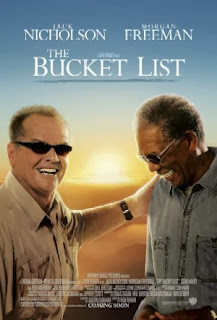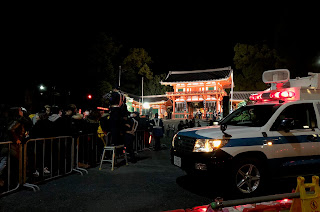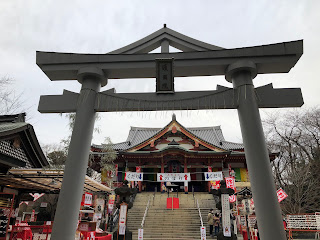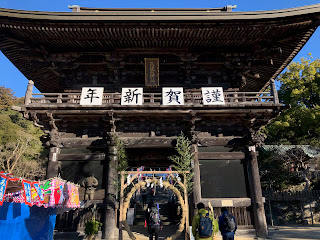Jeff–Saturday
In browsing through Friday morning’s news stories on what’s happening in Greece, I found the usual number of now traditional daily reports on Covid’s continuing grip on the country, and Turkey’s relentless efforts to undermine Greece. In many ways, America faces the same threats, although a more accurate description of those relentlessly seeking to undermine the United States should be spelled “turkeys.”
But then I fell upon an AP story in Ekathimerini (Athens' paper of record) bearing the headline, “Ministry orders investigation over movie with sex scene at Acropolis.”
My first thought was, perhaps it’s an historical piece; a modernized telling of one the many Greek gods’ proclivities for random coupling with any number of willing and unwilling targets of their lust.
Or perhaps a fantasized version of statues trapped for millennia naked in stone–so close but yet so far from one another–unexpectedly coming to life and doing what comes naturally.
Then again, perhaps it’s meant to present a series of vignettes depicting scenes of (fictionalized?) Greek life found on all manner of jewelry, pottery, trinkets, postcards, urns, towels, t-shirts, refrigerator magnets, and other tourist paraphernalia hawked broadly in a plethora of tourist shops across Greece.
But then I read the story.
Whether or not it’s an ‘art film’ I leave for you to judge, as well as whether it offends your “community standards,” though I’m guessing it’s not much different from what’s already out there on cable TV and the Internet. I do agree, though, that more discretion should have been used in its production and appropriate permission obtained from the Culture Ministry.
 |
| TV Shows Containing the Most Sex Scenes |
Here’s the Ekathimerini article as it appears in its Culture section:
The Culture Ministry launched an investigation Friday following the online release of a short film showing two men having sex at the ancient Acropolis in Athens.
The 36-minute movie, titled “Departhenon,” was released on December 21 but came to the attention of authorities this week.
The Culture Ministry said it did not give permission for the Acropolis film shoot.
“The archeological site of the Acropolis is not suitable for any kind of activism or other activity which would cause offense and displays disrespect for the monument,” the ministry said in a statement.
The movie contains several explicit scenes involving male and female actors whose faces are not shown. The scene at the Acropolis shows two men having sex while standing in a circle formed by other actors. Visitors to the ancient site can be seen walking close by.
The makers of the film, who remained anonymous, described it as “artwork that is also a political action.”
Spyros Bibilas, the president of the Greek Actors’ Association, described the movie as shameful.
“You can’t do everything in the name of activism. In fact, I don’t consider this to be activism,” he told TV network Antenna. “As a Greek, I feel ashamed.” [AP]
–Jeff






























































